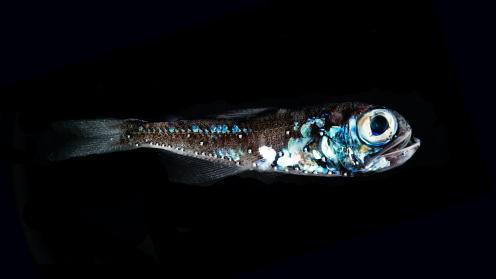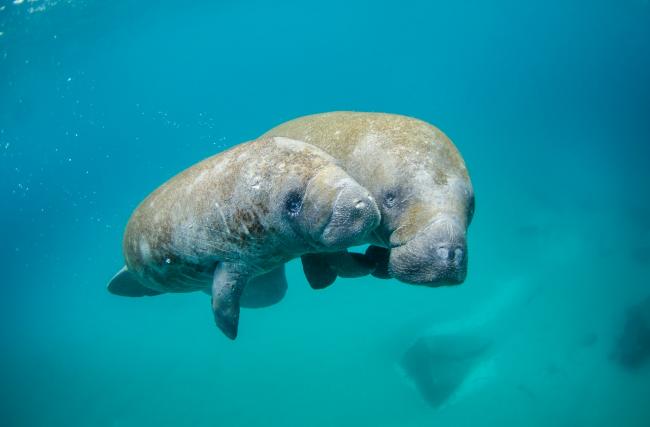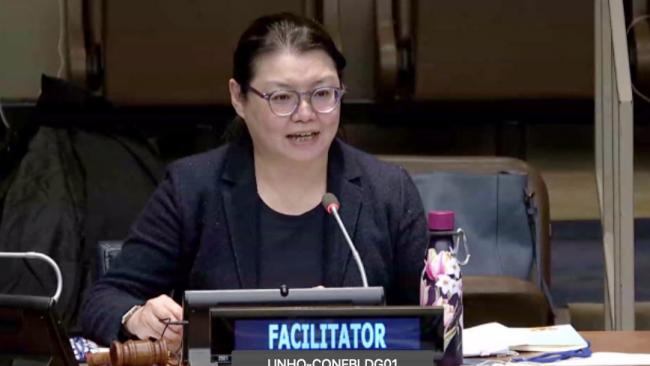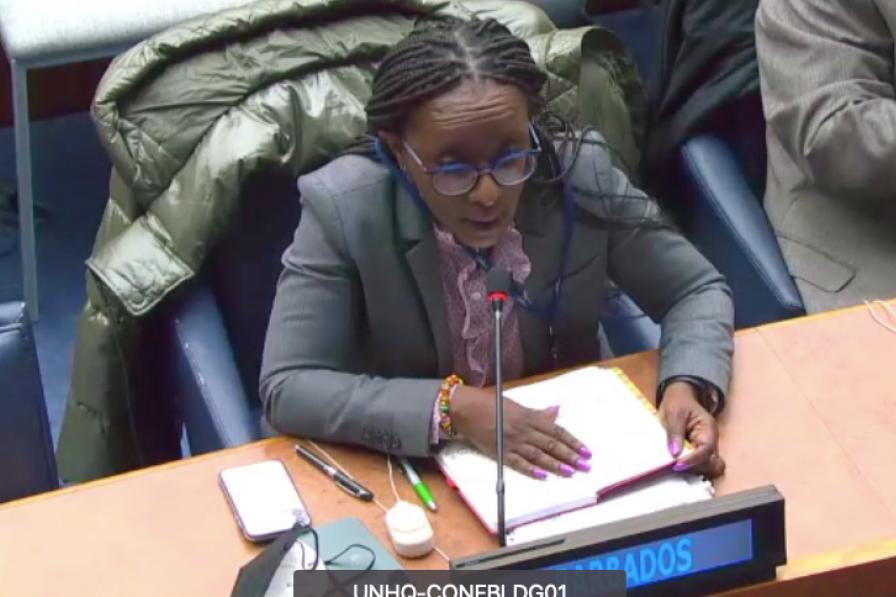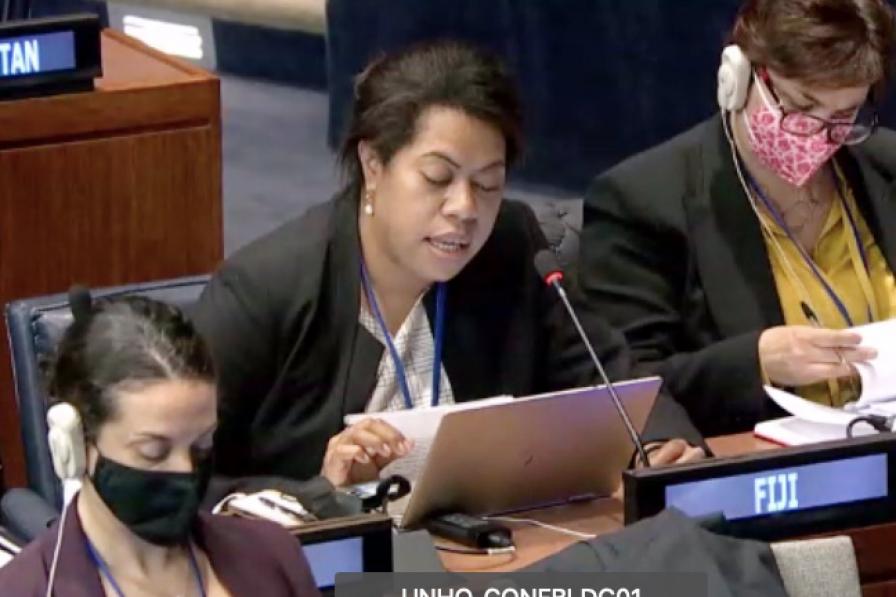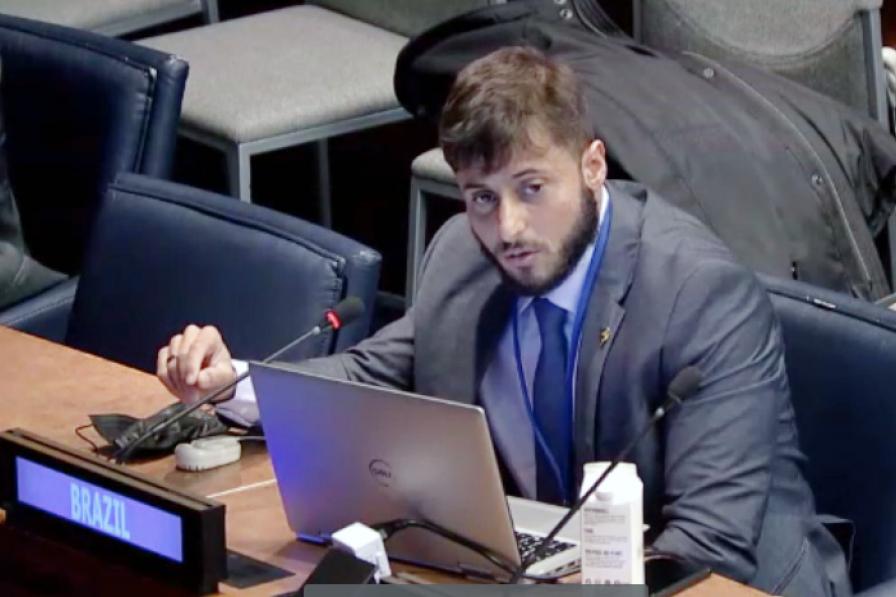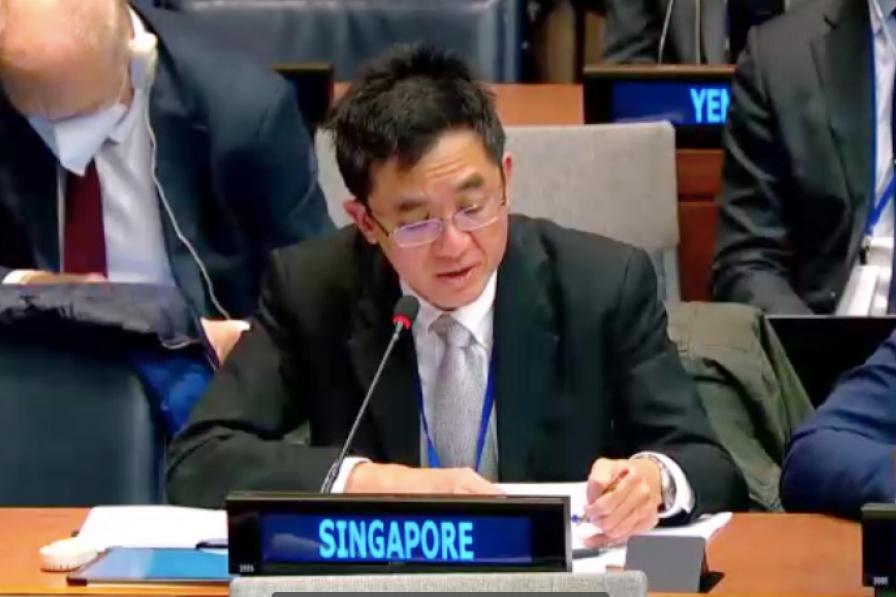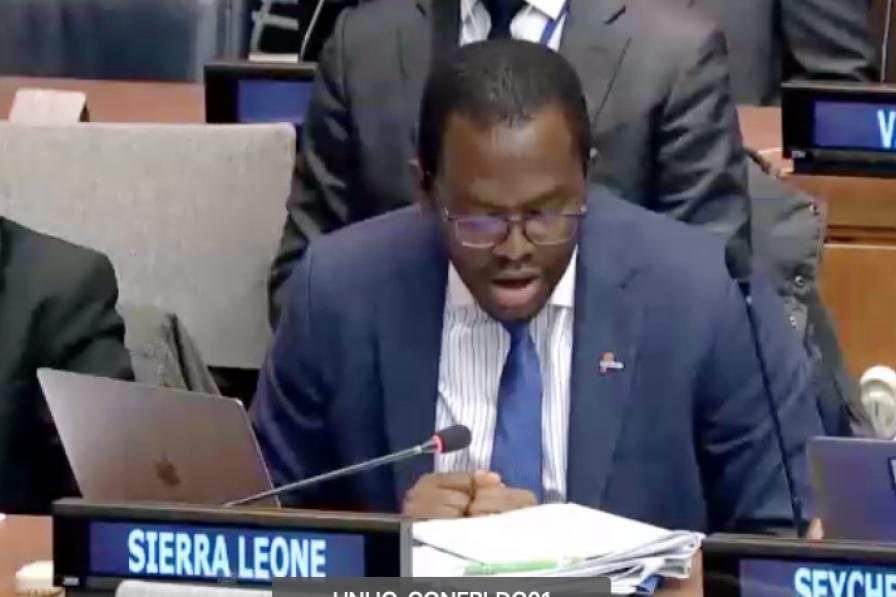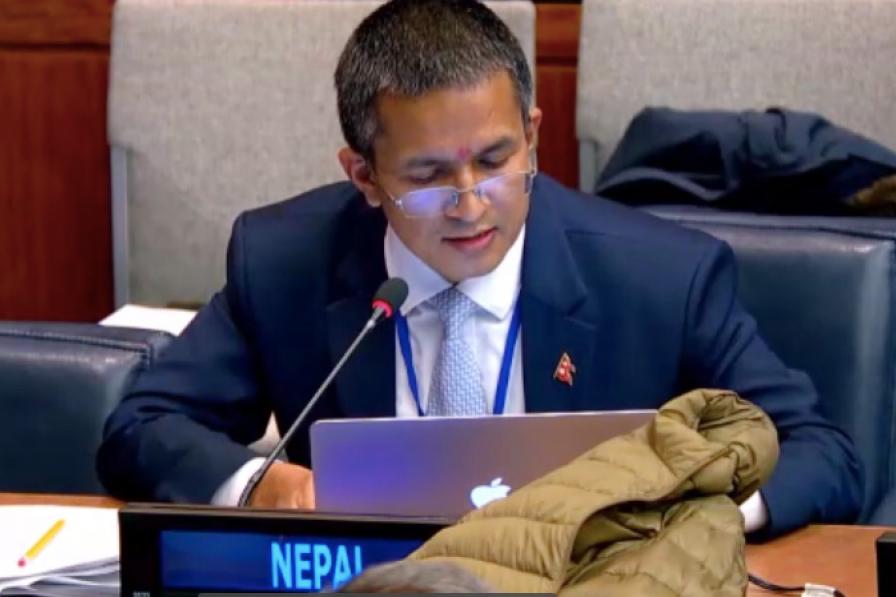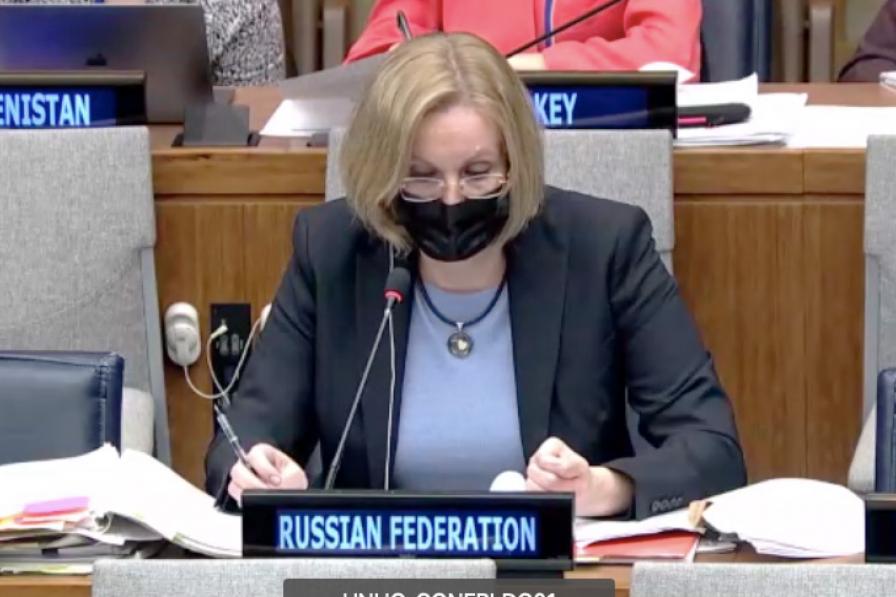Delegates attending the fourth meeting of the intergovernmental conference (IGC-4) on an international legally binding instrument under the United Nations Convention on the Law of the Sea on the conservation and sustainable use of marine biological diversity of areas beyond national jurisdiction (BBNJ) continued negotiations on a grey, blustery Wednesday. All through the day, delegates engaged in text-based negotiations over heavily bracketed language related to marine genetic resources, including questions on the sharing of benefits.
In the informal-informal setting, they began by addressing questions at the very heart of the treaty negotiations, that is collection and/or access to marine genetic resources (MGRs) of areas beyond national jurisdiction (ABNJ). Delegates tried to be flexible on the options presented in the draft treaty text, but some deeply entrenched positions did come to the fore. They also discussed issues related to, inter alia:
- notification requirements;
- rights of adjacent coastal states;
- access to the traditional knowledge of indigenous peoples and local communities; and
- fair and equitable sharing of benefits.
In their discussions on collection of, and/or access to, MGRs of ABNJ, familiar arguments were made regarding free and open in situ collection of MGRs, and facilitated ex situ access to MGRs. There was some flexibility on the establishment of a notification system regarding in situ access to, or collection of, MGRs in the high seas, but questions about its operation will require further discussion, and a good deal of flexibility from all states. The familiar divide emerged in their debate around the mandatory vs voluntary nature of the benefit sharing regime, as well as whether the benefits shared would be monetary or non-monetary.
Wednesday marked the first day of discussions based on the Facilitator’s questions, which were circulated an hour before the session began. Some expressed their dissatisfaction with the short time allowed to consider the questions, again noting the need to receive these earlier to better coordinate group positions. Exploring these questions caused many other delegates to raise even more questions, which could in the end help bridge the various gaps in understanding that have been fostered by only speaking through prepared language. Even observing from afar, it was evident that delegates seemed to be bogged down by the weight and complexity of the detail in the text. Through it all, President Rena Lee was optimistic that the differences were not insurmountable, and that progress was indeed being made.
Outside the UN building, observers followed the proceedings in many different ways, with some setting up “camp” in nearby hotel lobbies to tune into the proceedings together online. With COVID-19 restrictions having been lifted in the UN Headquarters host city, many hope that the UN will open its doors to observers once again to signal that the UN is back, at a time when multilateralism seems fractured.
To receive free coverage of global environmental events delivered to your inbox, subscribe to the ENB Update newsletter.
